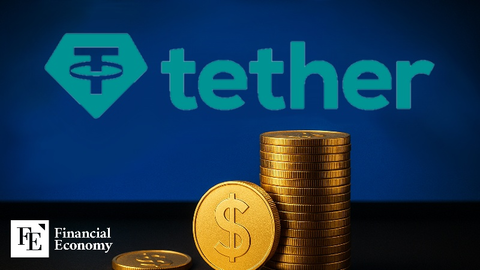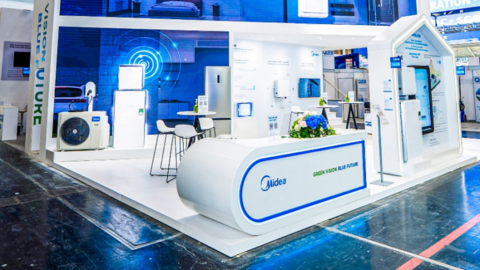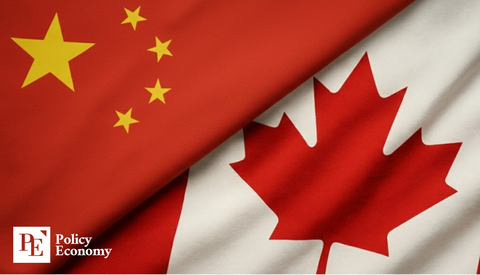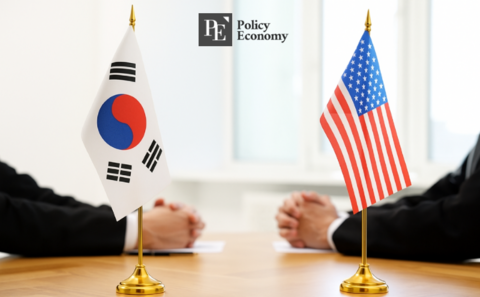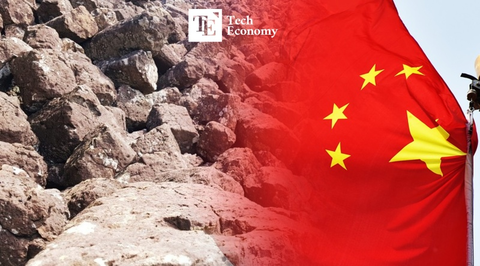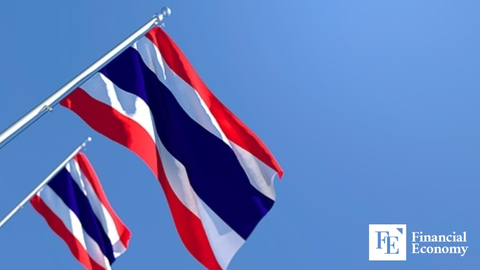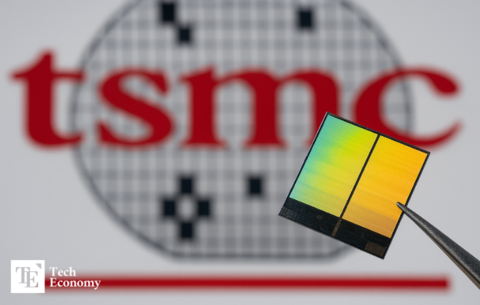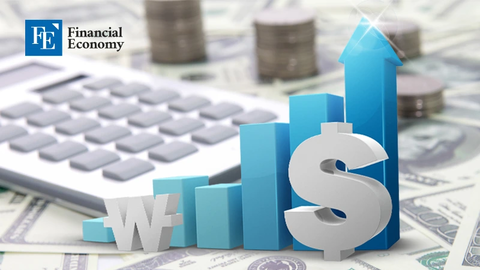“From Tesla to Apple” Samsung Electronics’ U.S. Foundry Plant on a Winning Streak of Orders
Input
Modified
Samsung Electronics Secures Apple Order for Next-Generation Image Sensor Mass Production Slated for Austin, Texas Facility Turnaround Hopes for Loss-Making System LSI and Foundry Units
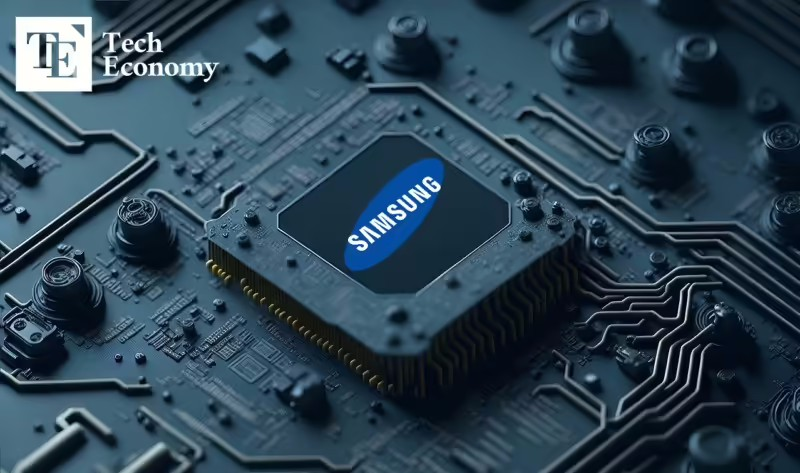
Samsung Electronics has signed a supply contract with Apple, marking what industry observers view as the first signal of a rebound in its semiconductor business. Under the deal, Samsung’s System LSI division will design a next-generation image sensor for Apple’s upcoming iPhone lineup, while its foundry unit will handle mass production and supply to Apple. The move is seen as laying the groundwork for a recovery in the system semiconductor business, which has weighed heavily on Samsung’s chip earnings with multi-billion-dollar quarterly losses.
Apple “Innovative Chip Development with Samsung”
On August 7 (local time), Apple announced, “We are collaborating with Samsung at its semiconductor plant in Austin, Texas,” adding, “We are developing an innovative new chip manufacturing technology that will be used for the first time worldwide.” Apple further stated, “This technology will initially be introduced in the United States, supplying chips that optimize power efficiency and performance for Apple products, including iPhones shipped globally.”
Apple did not disclose specific details regarding the product or the order size. Samsung Electronics likewise said, “We cannot confirm the customer name or other specifics related to the order.” However, industry sources believe the chip in question is likely an image sensor for Apple’s new iPhone. Until now, Sony has been the de facto exclusive supplier of image sensors for Apple, but with next year’s product launch approaching, Apple is thought to be diversifying its supply chain.
Samsung’s image sensor brand, ISOCELL, is designed by its System LSI division and is among the fastest-growing businesses within the unit. ISOCELL sensors are produced by bonding two wafers together, and the new chips are expected to be manufactured at the Austin plant. The Austin facility, which began operations in 1998, currently supplies ISOCELL sensors to Samsung’s own Galaxy smartphones, as well as to Xiaomi, Vivo, and Motorola.
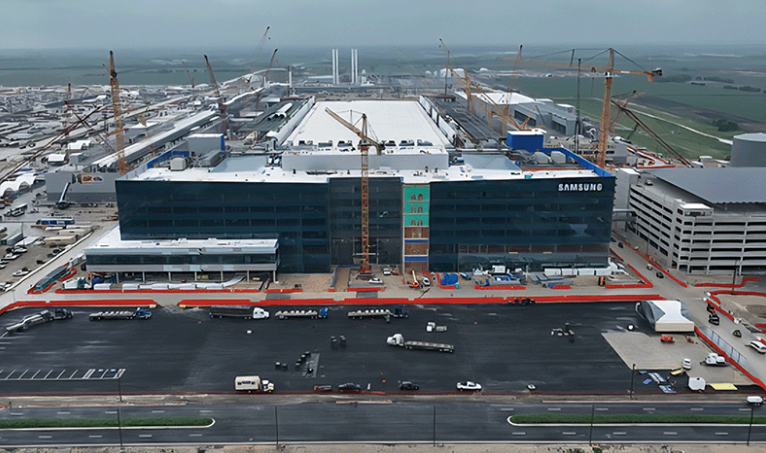
Apple’s Turn to U.S. Production Amid Tariff Pressures
Industry analysts note that Samsung’s U.S. manufacturing presence was a decisive factor in securing the contract, particularly as President Donald Trump has pressed for domestic production across sectors, including semiconductors, under sweeping tariff measures. To avoid cost hikes from import duties, Apple is believed to have turned to Samsung—whose plant is in the United States—over Sony, which manufactures its image sensors in Japan.
The deal also offers some relief for Samsung’s Taylor, Texas plant, now 99.6% complete. Until last month, the foundry unit had yet to land a major client, raising concerns that bringing in production equipment would inevitably lead to losses from the outset. While Samsung maintains that operations at the Taylor plant remain on track for a 2026 start, internal and external projections have pointed to lower-than-expected revenue, depending on market conditions and order volume.
Positive Signal for Struggling System Semiconductor Business
The Apple order is widely seen as a potential turning point for Samsung’s foundry business. Earlier, Samsung secured a landmark $23 billion contract with Tesla for 2-nanometer advanced process chips—the largest single order in the foundry unit’s history—helping validate its technological capabilities in sub-3-nanometer advanced processes, an area where it had faced sluggish orders.
Now, with Apple’s image sensor added to the pipeline, prospects are improving for both the System LSI and foundry divisions. Samsung’s system semiconductor unit has been reporting multi-billion-dollar losses, dragging down overall chip earnings. Market forecasts for the second quarter point to operating losses in the high-$1 billion range for the two divisions combined. System LSI has been hurt by sluggish demand for its in-house Exynos application processors and stagnant market share in image sensors, while the foundry has been hit by yield issues and a lack of orders. The latest deal is expected to gradually narrow these deficits.
Crucially, by entering Apple’s supply chain, Samsung has positioned itself to capture greater share in the image sensor market—touted as a key growth driver for the semiconductor sector. Demand for image sensors is expanding beyond smartphones into autonomous vehicles, humanoid robots, and other applications. According to market research firm Omdia, the global market is projected to grow from $20.5 billion in 2024 to $26.5 billion in 2029.
In addition, Samsung’s recent string of wins with major tech companies could open the door to new foundry orders from clients such as Nvidia, Qualcomm, and Broadcom. While Samsung’s foundry services most fabless firms, it has been losing customers in leading-edge processes, including 2-nanometer nodes. Given that Apple’s image sensor is an advanced semiconductor product, production is expected to leverage Samsung’s most cutting-edge process technologies.

